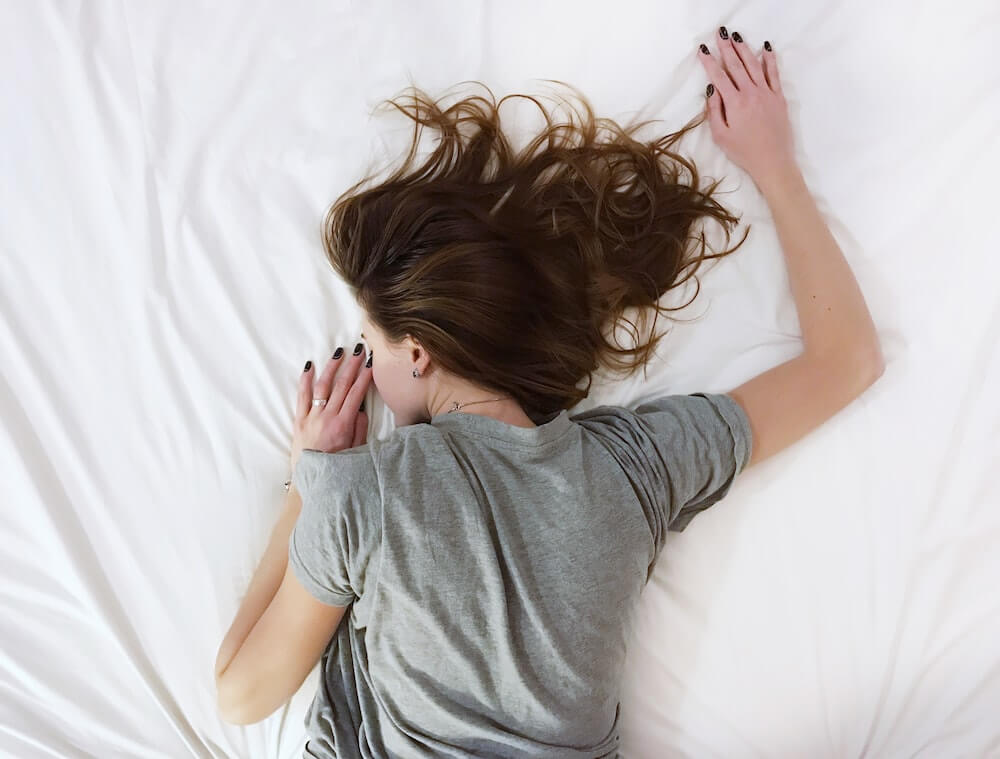

Can Music Help You Sleep Better?

Many people believe that music can help sleep. But actually, we do not know exactly how music helps you sleep.
So, let us take a look at why someone might be willing to choose music to help them fall sleep, mainly for the following aspects:
1. Music can affect the physiological state of a person
Music can relax the nervous system and guide your body and mind to sleep. Research data shows that the music can affect the regulation of hormones. When you listen to soothing music, hormones levels are lowed, the pressure is released, and the body relaxes. Then people can fall asleep very quickly.
2. Music can change people's emotional state
The music can simulate the brain. It leads to the corresponding emotional experience and makes people feel immersed. Music can usually describe the subtle changes of human emotional activities accurately and carefully. Moreover, it can directly, quickly, and effectively affect people's emotional activities.
Happy music makes people happy and pleasant. Sad music makes people sad. Sedative music makes people stable and peaceful.
3. Music can help to distract the listeners' attention
On the one hand, music can cover the external noise and reduce the disturbance from the environment.
On the other hand, music can divert listeners' attention from feelings such as insomnia and anxiety. In this way, it can improve the efficiency of people's sleep.

From these three aspects, music actually has a sleep-promoting effect. But in reality, there will also be many problems:
1. Not obvious for people with insomnia anxiety
The effect of music is more obvious to people without insomnia anxiety. For people with insomnia anxiety, the effect is not obvious.
This is because one of the main principles is to distract attention. The Individual does not think about when he can fall asleep and do not to worry about his insomnia. The person is not anxious, so he can fall asleep naturally.
But if one relies too much on music to help him fall sleep, the individual will continue to observe whether he is asleep. Then he will be in that urgent mentality for sleep. It is more likely to cause the individual will become anxiety and have difficulty falling asleep.
Therefore, individuals who rely on music to help them fall sleep should be careful to correct their mentality. Appreciate the beautiful melody, and experience the emotions expressed in the music, rather than thinking that music. It can help your fall asleep quickly.
2. Create earworm effect to interfere with sleep.
The earworm effect refers to the repetition of a song or melody. People repeat this song (or melody) in their minds like brainwashing, and even make an unconscious humming sound.
The musicians usually do their best to create memory points in their music and make people sound well. When people listen to such music repeatedly before going to bed, they often find it easy to repeat a certain lyrics or melody in their heads.
Studies have shown that participants who have experienced earworm effects have a harder time falling asleep, wake up more often during the night, and stay in light sleep longer. Compared to people who rarely experience earworm effects, people with earworm effects are six times more likely to experience poor sleep.
Therefore, you need to choose appropriate music. The emotion, melody and rhythm of the work must be relatively stable. Try not to choose music with lyrics.
3. Music sleep-aid effect varies from person to person
Each person's personality and life experience are different. The psychological feelings for the same music are also different. Therefore, the same music may also help A sleep, but it is noise to disturb with B.
The easiest way to find out is to determine if this music can trigger mood swings or more thoughts in you. If so, you should change the music immediately. This can be a very lengthy process, and it needs to be tried.

In summary, there are some suggestions to avoid a number of sleep problems with music:
● keep calm. Music can be used as a means to help you sleep, but it is not the only one. You can also try other methods, such as reading, meditation, or using melatonin diffusers.
● Listen to music in moderation. Do not listen to too much music before bedtime, and do not listen to too much music. Do not use headsets during sleep.
● If you are plagued by the "earworm effect", you can focus on another thing. For example, read for a while.

September 2, 2022

